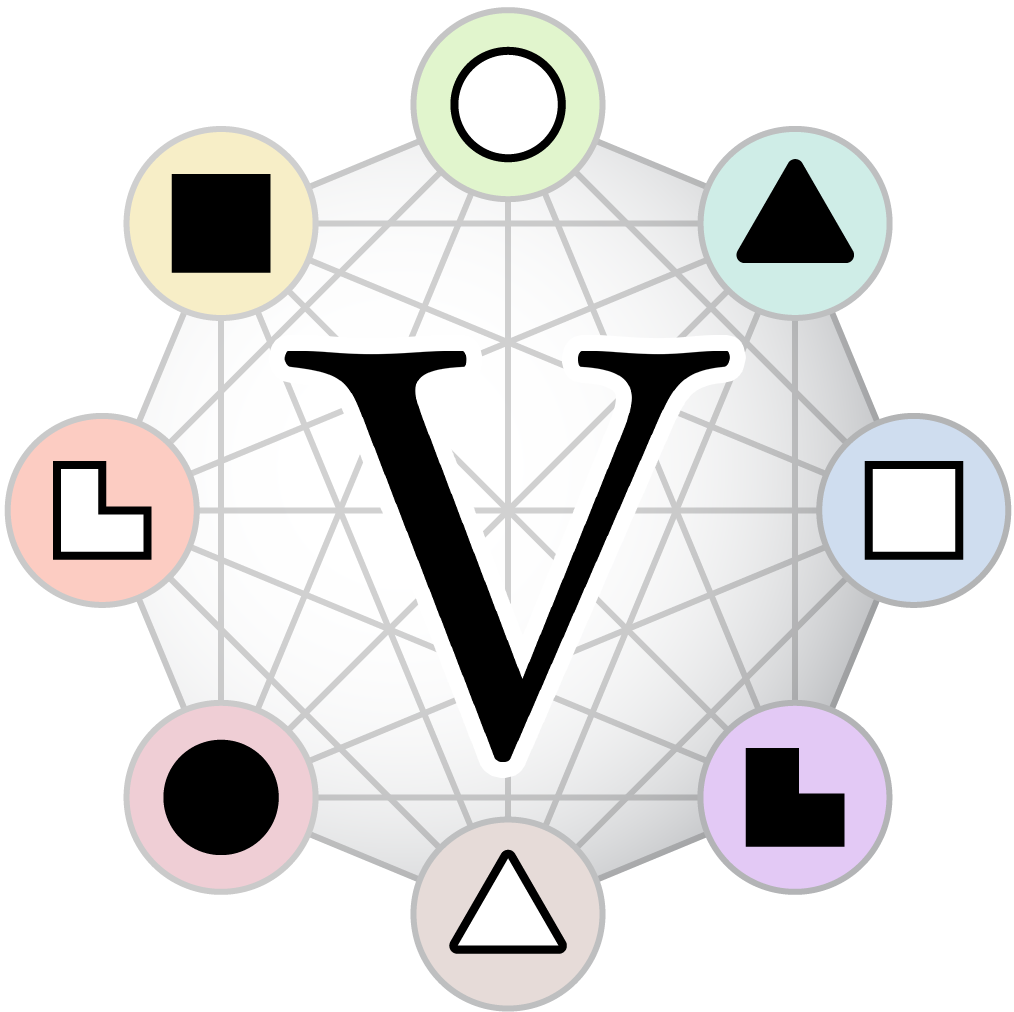User:Thehotelambush/The Dual Nature of Wikis
Wikis are about freedom. Wikis are about truth. What's more, wikis combine the two together to create the perfect postmodern world, where anyone (with an internet connection) can decide what is true and what is not.
That is not to say that wikis have no standards of truth. Wikipedia has quite stringent standards of verifiability, which all of its content must fulfill. Yet theoretically, nothing is set in stone within the confines of its pages. It is that lofty theoretical plane which concerns this essay.
Certain more basic — though nevertheless significant — aspects of a wiki are not subject to the whims of the masses. These include: page edit, move, and deletion logs; rendering of wiki syntax; and basic sidebar/background customization.
Syntactic requirements can generally be avoided, and aesthetic details are hardly worthy of positive philosophical discussion. But the first aspect is problematic. Logs are supposed to tell us a page's history, and in doing so forge an epistemological criterion of their own. If Wikitruth is always open to debate, then how can it be founded on a system in which there exist public, immutable, and objective records?
One solution to this problem is to do away with the wiki system. What cannot be established by objective means is unworthy of subjective consideration. Yet the benefits of the wiki (efficiency, adaptability, accessibility) are undeniable. Another solution is to do away with the records. Their technical benefits (reversal of malicious edits, tracking of changes) are all seen to rely on the existence of objective standards of truth. We are left with working subjectivism plus working objectivism, which exposes the real problem: how can one live according to one philosophy, yet intuitively believe another? Pragmatism is well and good, but doesn't give us any deeper explanations.
Wikipedia, erring on the side of objectivity, imposes certain standards on what is depicted as "true" within its pages: it requires external verification - in essence, passing the epistemological buck. Notwithstanding the obvious issues of consistency and arbitrariness, this standard cannot be meaningfully applied to Wikipedia's own records. Someone has to copy them - then publish them in a "reliable source" - and then include them in a Wikipedia article. By its own definition, Wikipedia is not a reliable source. It is like the microscope, which for all its power and precision cannot produce an image of its own lens.
We have to find some way to unite the subjective and objective worlds, both in theory and in practice. If the human mind is fully determined by its physical structure (and all signs point to yes), then it is possible to instantiate it in a computer, to create an artificial mind. But the normal conception of a discrete "subject" may fail to describe such a being. Unlike a biological organism, it has no reason to be limited in space. I predict that only with the creation of artificial intelligence will a consistent epistemology be possible. This is perhaps in the spirit of the wiki, in that the human quest for truth is an as yet unfinished enterprise.
